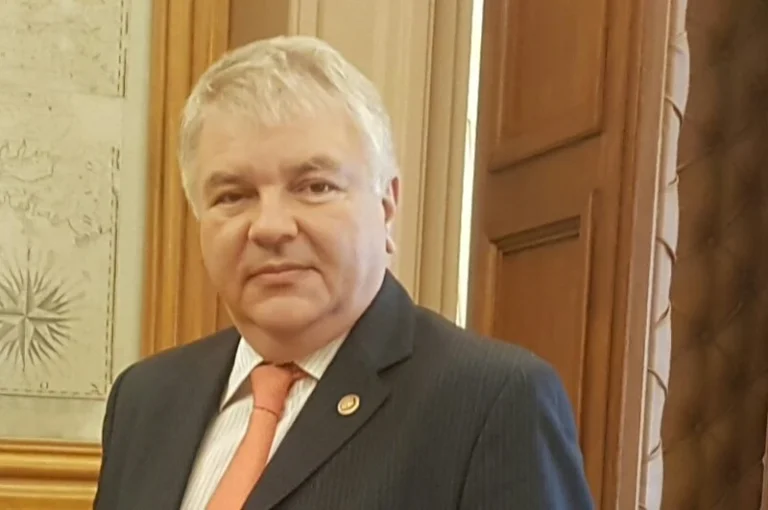NATO
Russian FM Lavrov says Moscow does not want a brawl with NATO

Russian ambassador says if NATO shoots down their aircraft, it would immediately start a war

BREAKING: Hungarian Gripens scrambled due to Russian fighter jets

Combat-style military manoeuvres today in Budapest, multiple roads and motorways – photos

Did Orbán hear? Trump is “shocked” some NATO members still buy Russian oil

Threat at our doorstep: Russian drone violates Romanian airspace, fighter jets scrambled

NATO launches new Eastern Centre command after record Russian drone incursions

Putin signalled with animal comparisons that his country is ready for world war

NATO war games in Hungary with 30,000+ soldiers and personnel – photos, video

NATO jets hunt Russian drones in Poland as Moscow’s GPS jamming threatens Baltic skies

Zelenskyy: Putin softened on Ukraine EU membership, Hungary should too

Moscow threatens Austria: NATO membership could lead to Russian attacks

Another Russian warning? Putin’s spokesperson: This is one of the main reasons behind the war

Stronger on land, water, and air: Hungary expands military with new river craft!

NATO member ready to send troops to Ukraine

PM Orbán talked about the Russian takeover of Hungary at festival

Austria considers bombshell move: will it abandon neutrality and join NATO?

Hungarian Gripens head to Baltics for a NATO mission – again!





 ZH
ZH IT
IT DE
DE HR
HR NL
NL FR
FR JA
JA RO
RO RU
RU ES
ES TR
TR
